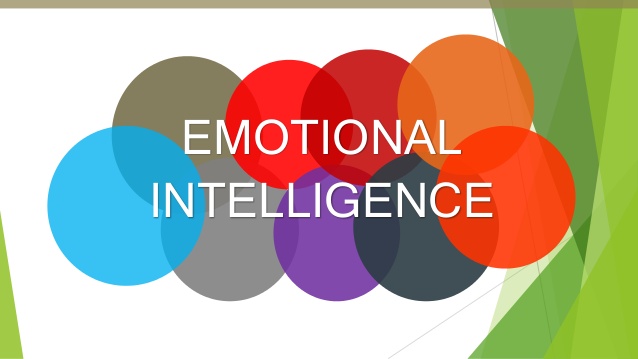
In the dynamic landscape of modern business, technical skills and expertise are undoubtedly essential for success. However, there’s another crucial factor that often determines an individual’s effectiveness as a leader, collaborator, and decision-maker: emotional intelligence (EI). Emotional intelligence, often abbreviated as EI or EQ (emotional quotient), refers to the ability to recognise, understand, and manage one’s own emotions, as well as to perceive and influence the emotions of others. In the business world, where interactions with colleagues, clients, and stakeholders are constant, EI plays a vital role in driving success and fostering positive relationships. Here’s why emotional intelligence matters in business and how it can be cultivated:
- Enhanced Leadership Skills: Effective leadership is not just about making strategic decisions or directing others; it’s also about inspiring and motivating people to achieve common goals. Leaders with high emotional intelligence possess the self-awareness to understand their own strengths, weaknesses, and impact on others. They demonstrate empathy by recognising and considering the emotions and perspectives of their team members. Moreover, emotionally intelligent leaders excel in communication, conflict resolution, and building trust, which are essential components of successful leadership.
- Improved Team Collaboration: In today’s interconnected business environment, teamwork and collaboration are often essential for achieving organisational objectives. Teams comprised of members with high emotional intelligence tend to be more cohesive, productive, and resilient. Individuals with strong EI skills are better equipped to navigate interpersonal conflicts, communicate effectively, and foster a positive team culture. By fostering an environment of psychological safety and trust, emotionally intelligent teams can leverage diverse perspectives and talents to drive innovation and problem-solving.
- Enhanced Customer Relationships: Businesses that prioritize emotional intelligence not only excel in internal dynamics but also in customer interactions. Employees who possess high EI skills are more adept at understanding and empathizing with customer needs, concerns, and preferences. They can establish genuine connections with customers, anticipate their expectations, and provide personalized solutions or support. By fostering positive emotional experiences, businesses can build long-lasting customer relationships, foster loyalty, and differentiate themselves in competitive markets.
- Effective Conflict Resolution: Conflict is inevitable in any workplace, but how it’s managed can significantly impact organizational dynamics and productivity. Emotionally intelligent individuals approach conflicts with a calm, rational mindset, seeking to understand underlying issues and perspectives. They utilize effective communication techniques, active listening, and empathy to de-escalate tensions and find mutually beneficial solutions. By addressing conflicts constructively, businesses can prevent resentment, foster collaboration, and maintain a positive work environment.
- Adaptive Decision-Making: In today’s volatile, uncertain, complex, and ambiguous (VUCA) business environment, adaptive decision-making is critical for success. Emotionally intelligent leaders and decision-makers excel in navigating ambiguity, weighing diverse viewpoints, and managing risk effectively. They rely on analytical reasoning and intuitive insights, considering logical data and emotional factors in their decision-making process. By embracing flexibility and agility, businesses can adapt to changing market conditions, capitalise on opportunities, and mitigate potential threats.
- Stress Management and Resilience: The demands of the business world can be intense, leading to stress, burnout, and diminished performance. Emotionally intelligent individuals are better equipped to manage stress, maintain resilience, and bounce back from setbacks. They practice self-awareness and self-regulation techniques to recognise and mitigate stressors, prioritise self-care, and seek support when needed. By promoting a well-being and emotional resilience culture, businesses can enhance employee engagement, retention, and overall organisational performance.
Conclusion: Emotional intelligence is a critical asset in the realm of business, shaping leadership effectiveness, team dynamics, customer relationships, conflict resolution, decision-making, and overall organisational success. Individuals and businesses can navigate complex challenges, foster positive relationships, and thrive in today’s competitive landscape by cultivating emotional intelligence skills through self-awareness, empathy, communication, and resilience. As businesses increasingly recognise the value of emotional intelligence, investing in EI development programs and fostering a culture that values empathy and emotional well-being will become essential for long-term success
Previous Newsletter Articles
Contact Us
1300 022 270
enquiries@myabbs.com.au
Book An Appointment




